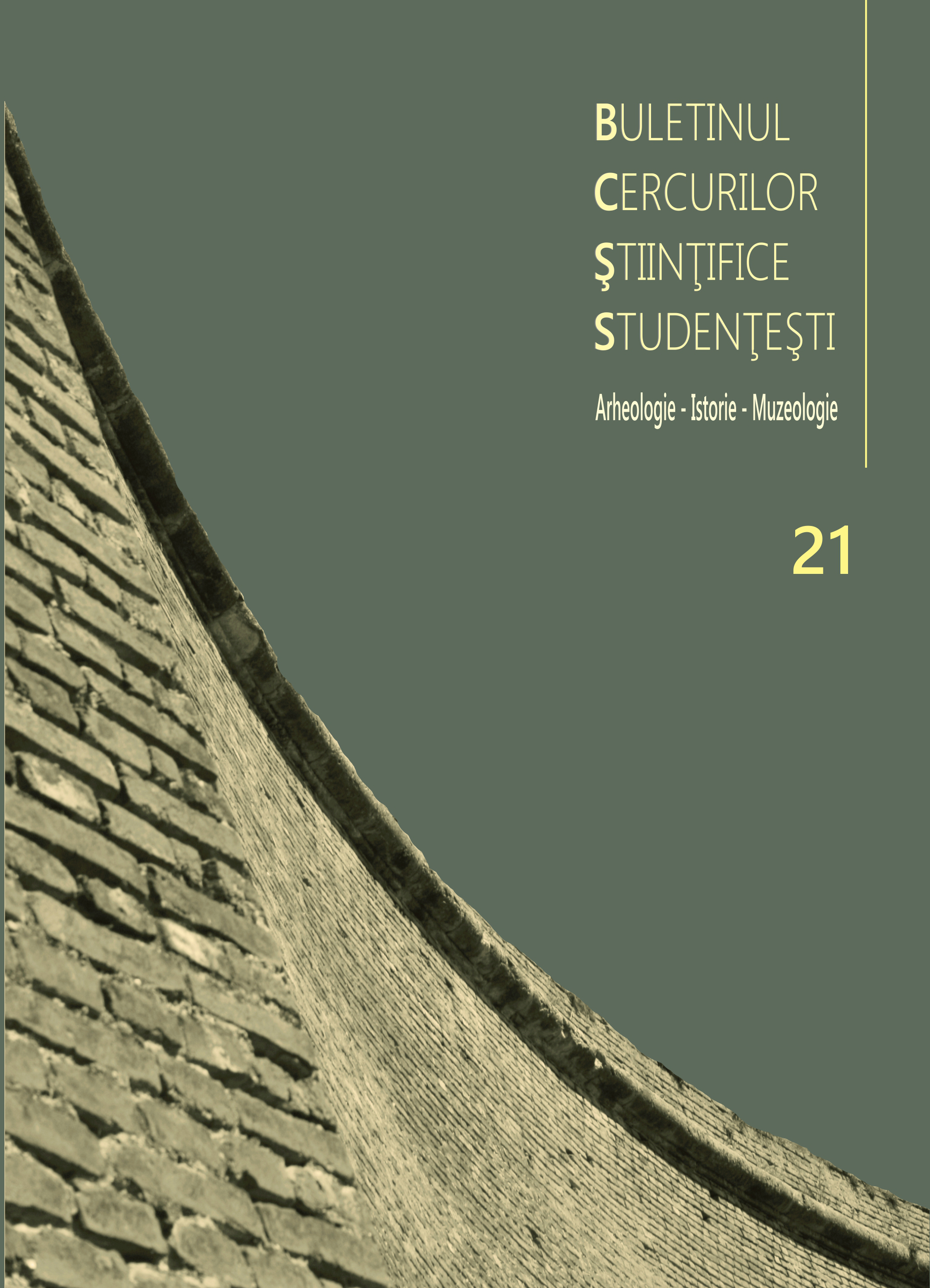UT DEI ECCLESIA IN SUO STATU TUTA PERMANEAT ET IN SUIS
BONIS SIT TRANQUILLA. EPISCOPUL PETRU MONOSZLÓ, ORGANIZATORUL DOMENIULUI ŞI AL ADMINISTRAŢIEI EPISCOPALE
UT DEI ECCLESIA IN SUO STATU TUTA PERMANEAT ET IN SUIS BONIS SIT TRANQUILLA. BISHOP PETER MONOSZLÓ, ORGANIZER OF THE EPISCOPAL MANORS AND ECCLESIASTIC ADMINISTRATION
Author(s): Mihai KovácsSubject(s): History, Middle Ages
Published by: Universitatea »1 Decembrie 1918« Alba Iulia
Keywords: medieval diocese of Transylvania;Peter Monoszló;bishopric manors
Summary/Abstract: Bishop Peter Monoszló’s family had solid political relationships, and himself was a very skillful politician. He increased considerably the wealth of his bishopric, by royal donations, buying and exchanging villages and started to organize his villages in manors, situated in counties Cluj/Kolozs and Alba/Fehér. He consolidated the episcopal manors by obtaining privileges and colonizing his villages. His income allowed him to finish the construction of his cathedral in Alba Iulia/Gyulafehérvár and to develop an ambitious building program, which included two stone fortresses and five churches. This study confirms the idea that in the last decades of the thirteenth century, the Hungarian bishops formed their manors the same way as the lay magnates. The manors of the Transylvanian bishop reflect the main social and economic changes which took place in the Hungarian kingdom in the same period. Bishop Peter had an important part in developing the writing of documents in Transylvania, by organizing the episcopal chancery. Some of the Transylvanian canons worked in his personal service, as vicars, lawyers or chancellors. Thanks to his canon law knowledge, he increased the territory of his bishopric and organized the remote archdeaconries in a vicariate. It seems the beginnings of the remote vicariate are connected with the trial for jurisdiction over Maramureș/Máramaros County against the bishop of Agria/Eger. We do not have many sources to illustrate Peter Monoszló’s religious feelings, but we may consider – knowing his activity – that his main interest was in keeping and enlarging his bishopric’s rights and privileges. His priorities are very well illustrated by the arenga of an episcopal document: In rerum ecclesiasticarum agendis semper meliora prospiciuntur et utiliora attenduntur, ad hoc ut Dei ecclesia in suo statu tuta permaneat, et in suis bonis sit tranquilla.
Journal: Buletinul Cercurilor Științifice Studențești
- Issue Year: 21/2015
- Issue No: 1
- Page Range: 43-68
- Page Count: 15
- Language: Romanian

